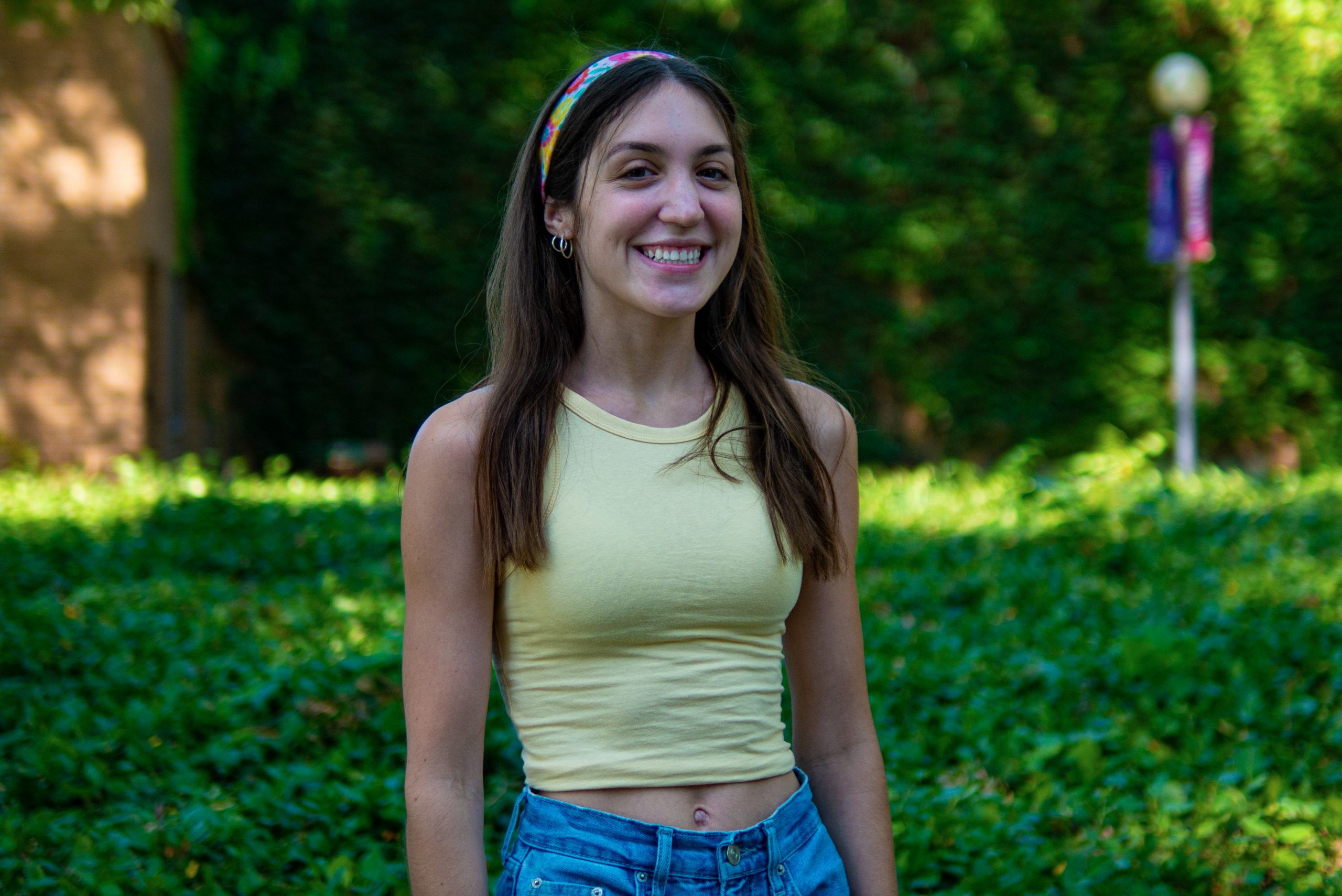I’ve always been a procrastinator. Projects and papers on my to-do list often get pushed to the day before they’re due, under the pretense of me “working best at night” (I don’t) and “desperation is the best motivation” (it’s not).
This year, the thing that I would like to put off the most is also the thing that is too important to procrastinate — my future.I’m 22 now, and every time I’ve told people that I’m a senior this year, it feels wrong, like I’m making some grave error in the chronology of my life. In my mind, I’m a junior at most. There’s just no way that, less than half a year from now, I’ll be walking across the commencement stage to accept my diploma.
I’m not sure why my brain is so convinced that I’m younger than I am, or why I’m so intent on putting off thoughts of graduation, but I think one reason must be that there are gaps in my consciousness — perhaps even our collective consciousness — throughout 2020 and 2021. Sometimes, it feels like my memory is littered with gaping holes, left by the looming, often unspoken trauma of the isolation, fear and loss brought by the COVID-19 pandemic, even as almost all pandemic restrictions have been lifted.
So when I look back on my college experience and consider my approaching graduation, I just feel a little confused. Where did the time go? How can I plan for my future when I can’t even remember parts of my past?
Maybe this is a commonly held attitude toward being a college senior and sizing up the terrors of post-graduation life; maybe I’m just being dramatic. There’s some proof that I’m not crazy, however, in a recent PLOS ONE study, in which young adults were shown to exhibit some of the most negative psychological effects of the pandemic, including “disrupted maturity.” Based on a five-factor model of personality traits (neuroticism, extraversion, openness, agreeableness, conscientiousness), the study found that the pandemic caused increased neuroticism (the disposition to experience negative effects such as anxiety and depression) and lower agreeableness and conscientiousness in young adults.
In short, the pandemic did, quite literally, alter the chemical makeup of our brains, as well as our ability to form relationships, our work ethics and even our capacity for happiness.
But I believe that, even as we continue to live with the trauma of a global pandemic, our generation is bold in our pursuit of joy and fulfillment.
Take, for instance, concerts. Shows put on by Live Nation Entertainment, the largest concert producer in the United States, have been attracting huge audiences this year, with attendance up more than 20% up from pre-pandemic levels in 2019.
This doesn’t seem like a coincidence to me; of course we are drawn to concerts, which embody the community, closeness and collective energy that was so dangerous and potentially deadly in a pre-vaccine world. We seek out experiences over material things — we crave the freedom and boundless wonder of moments, of sharing tiny slices of life with each other that we know will never happen in quite the same way ever again.
I still have to plan my future, one way or the other. I have to make money, and find housing, and figure out the complicated and messy business of where I’ll be living next year. I want to go to graduate school one day, as well. None of these are things that I can run away from forever.
But, until I stop running away, I’ve decided to embrace this new capacity for joy and spontaneity in response to the “disrupted maturity” that my generation is said to exhibit. There are parts of college that we have missed, yes, but we still have so much college left to experience — library conversations and choir concerts and nights out, and so many things that we don’t even know about yet. There’s beauty in the unknown, even as the weight of our futures hangs heavy around us, and I want to experience that mystery for just a little while longer.




